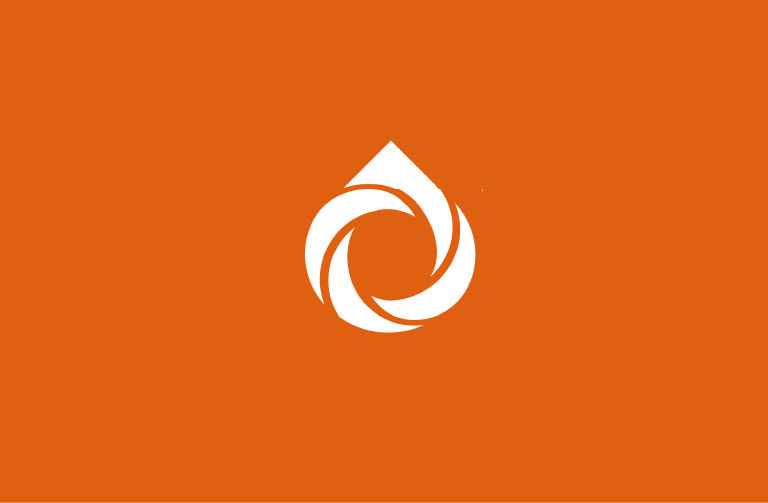Corrosion control needs new standards

Topical issues in the development and application of anti-corrosion protection were discussed by the participants of the plenary session at the 27th International Exhibition and Congress «Rustproofing» at the Expoforum Convention and Exhibition Center. First of all, these include the problems of unification of industry standards, as well as the specifics of the production of protective coatings.
An important part of the anti-corrosion protection of materials and structures is the quality inspection of all related work, — Pavel Stepanov, Director of Development and Head of the Personnel Certification Department of the Russian Register Certification Association, said at the opening of the scientific and practical conference «Current Issues of Rustproofing». Inspection control includes checking the compliance of works and materials with regulations and standards, identifying possible defects at an early stage, documenting them, and making recommendations to the customer.
Companies can either train their employees for these purposes, or invite outside experts, or involve independent organizations, he noted. In addition to direct inspection, designed to minimize production risks and, consequently, the cost of subsequent repairs, control can also include an audit of production processes aimed at ensuring the stability of production, and certification, that is, an assessment of product compliance with various standards and specifications.
Now, when the supply chains of materials are undergoing significant changes, there are risks associated with the fact that new materials may be incompatible with those that have already been used before, Pavel Stepanov noted. «Not all materials have been fully tested for a long time, which may create difficulties with their implementation,» he said.
Yulia Prykina, Head of the Laboratory of Protective Coatings and Polymer Functional Materials at TMK Research Center LLC, spoke about the specifics of the development and application of protective and anti-corrosion coatings for pipes. In addition to corrosion itself, salt deposits are also dangerous for them, which can sometimes lead to the failure of entire wells, however, recent experiments on the creation and operation of new coatings demonstrate success, and a permanent technique should appear in the near future, she noted.
At the same time, according to Yulia Prykina, there is a problem of the lack of Russia’s own production of epoxy resin, on the basis of which all protective coatings are created. All the raw materials for its creation are imported, and if by 2022 the components supplied from abroad made it possible to create coatings that can withstand temperatures up to 150°C, then the Chinese analogues available today are designed for a maximum of 130°C. «The strategic objective should be the revival of resin production plants,» she stressed.
Anton Tsvetkov, Head of the Testing Laboratory of Peter the Great St. Petersburg Polytechnic University, dedicated his speech to non-standard methods of testing protective coatings in various conditions. According to him, the laboratory performs tests not only by standard methods, but also at elevated temperatures and pressures, using dynamic autoclaves, salt mist chambers, and creating a hydrogen environment to evaluate the behavior of materials, taking into account the actual operating conditions specified by the customer. However, non-standard test methods have not yet been officially accredited and are of a research nature, but in the future it is possible to obtain accreditation, he added.
In turn, Nikolay Petrov, Executive Director of the SOPKOR Association, Chairman of MTK 543/TK 214, reported on the work in the field of unification of standards adopted in the field of rustproofing. The problems here are the presence of a large number of departmental standards for equipment and materials, as well as their fragmentation. The members of the technical committee headed by him are working on the unification and updating of standards for anticorrosive coatings. A number of new GOST standards have already been approved last year, and others are currently being reviewed and clarified, including for underground structures, steel ship hulls, and others.
Discussions with large oil companies, which insist on including their internal standards in the category of state standards, present a separate difficulty in this work. This is possible, Nikolay Petrov noted, but on condition that the organization’s standards comply with GOST and do not contradict it.